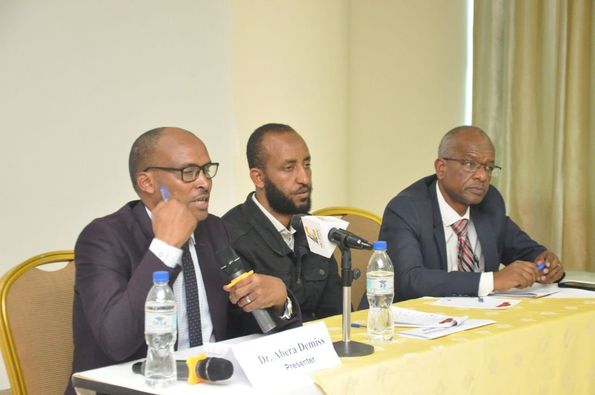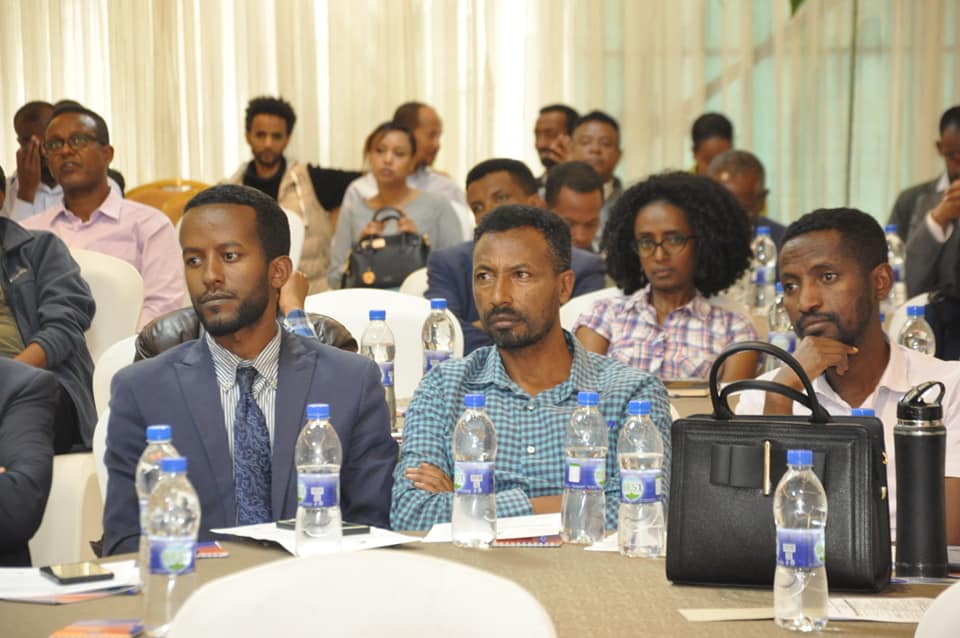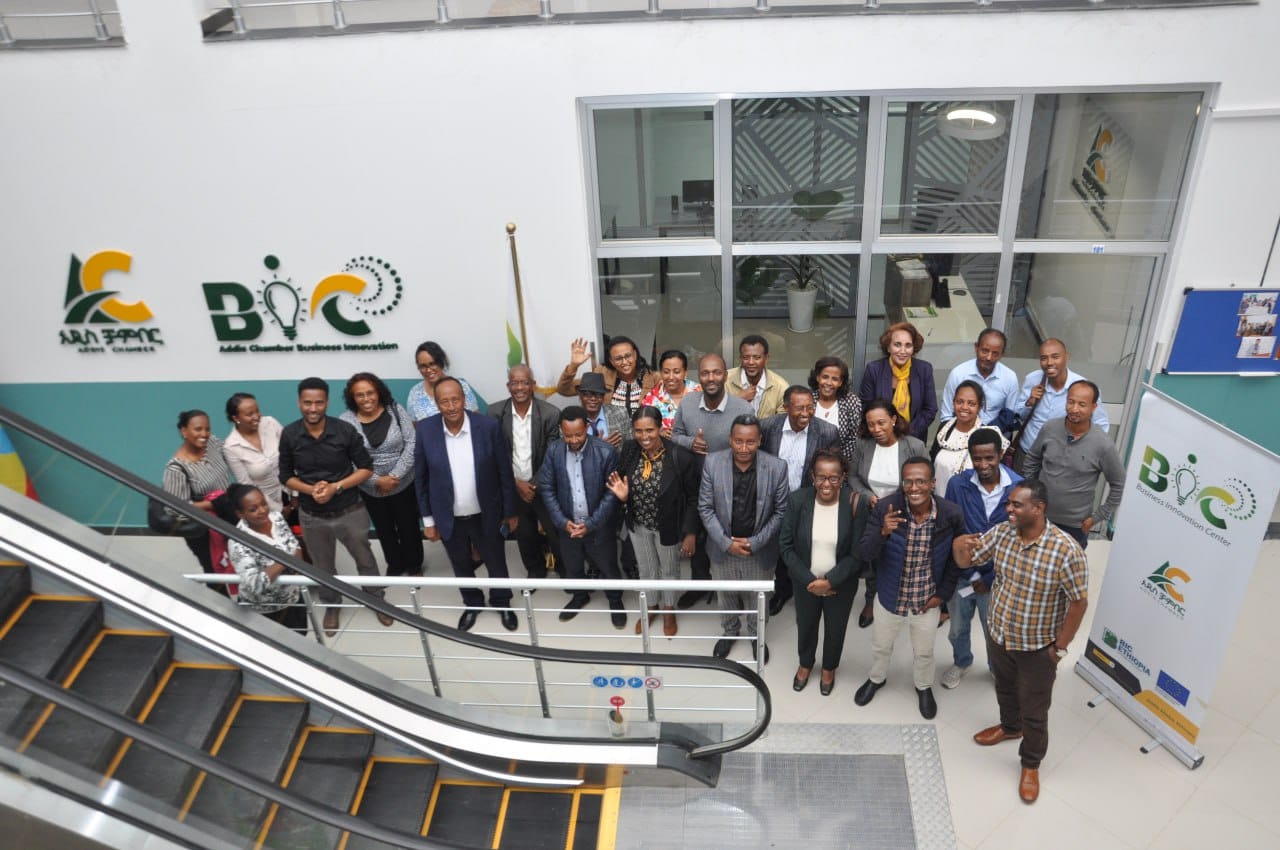(Addis Chamber July 18, 2024): Global environmental issues such as climate change, global warming and environmental pollution are spiraling with an alarming rate posing significant challenge for humanities and the entire ecosystem.
According to the recent UNDP report, environmental pollution has been one of the most serious problems facing human beings.
Thus, life is now threatened by many diseases and dangers due to the harmful activities to the environment.
Likewise countries like Ethiopia are facing the brunt of climate change posing to recurrent drought and flooding compelling communities to displace and lost their agricultural produce.
Such concerns are also attracting global leaders to review their mode of development in a manner that considers environmental protection. In the case of Ethiopia transport sector such as road and aviation sectors takes the lead in polluting the environment, unveils the latest study commissioned by Addis Chamber.
According to the same study manufacturing industries such as leather, textile and plastic industries takes the lion share in harming the environment thus the study calls for carbon tax to be levied on such companies.
In a workshop hosted by Addis Chamber with the support of Danish Industries, industrial leaders , heads of association and business leaders have come together to dwell on the essence of carbon tax as part of ESG and resource efficiency.
Concerns are growing tremendously towards environmental issues, said Seyoum Chane, Deputy Secretary General from Addis Chamber in his opening remark and he said Addis Chamber is currently working together with key stakeholders to empower business communities on the need to undertake businesses by considering safe and clean environment.
Ethiopia needs an environmental tax to sufficiently protect the environmental pollution, says Abera Demiss( PhD) researcher while presenting his paper during the workshop.
He, however argued that there is no formulated tax policy to collect environmental tax and charging rate thus making the action challenging.
Business communities in Ethiopia shall consider the existing and upcoming challenges in terms of international and national policies and regulatory directives and the country also need to mobilize financial capacity building and technical support to carry out its low carbon initiatives, said Mensur Dessie, lead climate change negotiator from Ethiopia while sharing his thought at the workshop.
Discussants of the workshop majorly business leaders shared their views and concerns towards carbon tax, current status, challenges and priorities to be considered.
Such concerns include the need to reconcile current development need of the country and carbon tax, the need to narrow the information gap towards carbon tax, the need to trade off carbon tax measures vis-à-vis with emerging regional markets.
Discussants of the workshop also strongly argue that there is no room for businesses to pay tax in the Ethiopian context as in the case of manufacturing that don’t contribute to climate change as compared to industries located in developed and developing countries.
Such arguments also accompanied by the fact that manufacturing plants such as beverage and water producing companies are paid for different kinds of funds such as water fund in the form of excise tax and no need to be subjected to double taxation.




